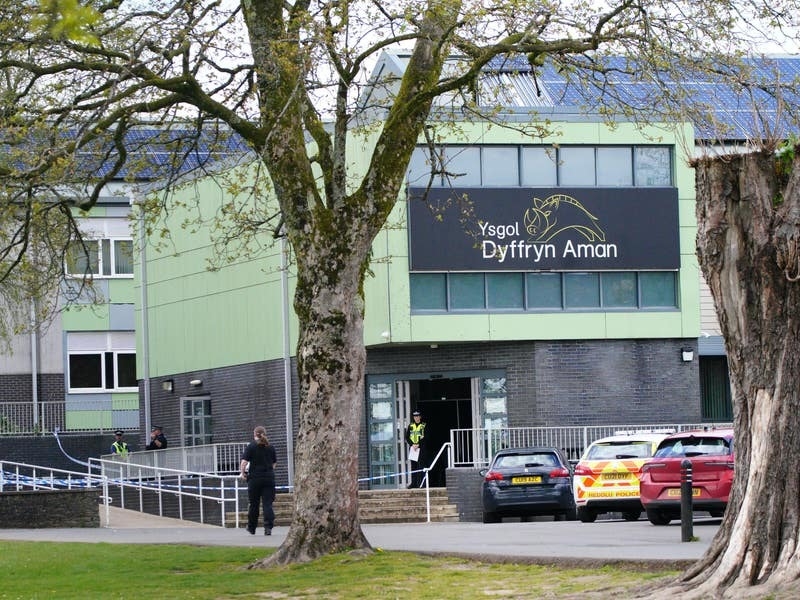The number of people with visible differences or disfigurements who say they were the victim of a hate crime has increased since 2019, according to “sobering” research released this week.
A third of people (33%) with a visible difference said they had experienced a hate crime, compared to 28% of respondents in 2019, charity Changing Faces said.
Hostile behaviour had impacted nearly half of those surveyed, with 49% citing negative interactions such as staring, comments, and intimidation, a figure that has been steadily rising from 34% in 2019 and 43% in 2021.
The survey highlights the “shocking prejudice” experienced by people with visible differences, said Changing Faces chief executive Heather Blake.
The research also found almost a quarter (23%) of those interviewed did not report the hate crime they experienced. The same proportion (23%) said they thought they would not be taken seriously while more than one in 10 people (12%) said hate crime was “just part of life with a visible difference”.
Ms Blake said: “These are sobering numbers to read. We know that behind each of these statistics is a person who is directly impacted by the shocking prejudice, and in some instances criminal actions, of others. No one should be a target for abuse or discrimination because of how they look.
“First and foremost, we want anyone with a visible difference or disfigurement to know that we are here for them. This isn’t something you should just have to put up with. Let’s call it what it is, it’s hate, and it’s wrong.”
Interviewees shared experiences which included customers refusing to be served by them, and people on public transport avoiding sitting next to them.
Others spoke of verbal abuse shouted from passing cars, threats of violence in the street and even death threats made online.
Isobel Cameron, who was born with a cleft lip and palate, said people threw rocks at her home when she was younger and she remains anxious about going outside.
She said: “This abuse made it difficult for me to go out in public. I was very aware of the stares I received from people, and I was always waiting to see if they would go further.
“Sometimes they did. At 15 years old, a grown woman was walking in front of me and my friend, and she kept turning around to look at me. At first my friend didn’t seem to notice, but then the woman started to shout abuse at me, calling me ‘fish face’.
“I never know when stares are going to escalate to something more, and this has had a lasting impact on me, sometimes making me anxious to go outside, in case something like this, or worse, happens again.”
Changing Faces volunteers have written to police across the UK to ask for support when reporting hate crimes.
Actor and presenter Adam Pearson, who is a Changing Faces ambassador, urged police forces to “do more”.
He said: “Hate crimes, whoever they target, are despicable and not to be tolerated.
“Seeing the steady increases in those with a visible difference or disfigurement experiencing hate crimes is frightening. We can’t wait for a tragedy to happen before action is taken.
“Police forces across the UK need to do more to encourage people with visible differences to report what’s happening to them and reassure them that they will be taken seriously.”






